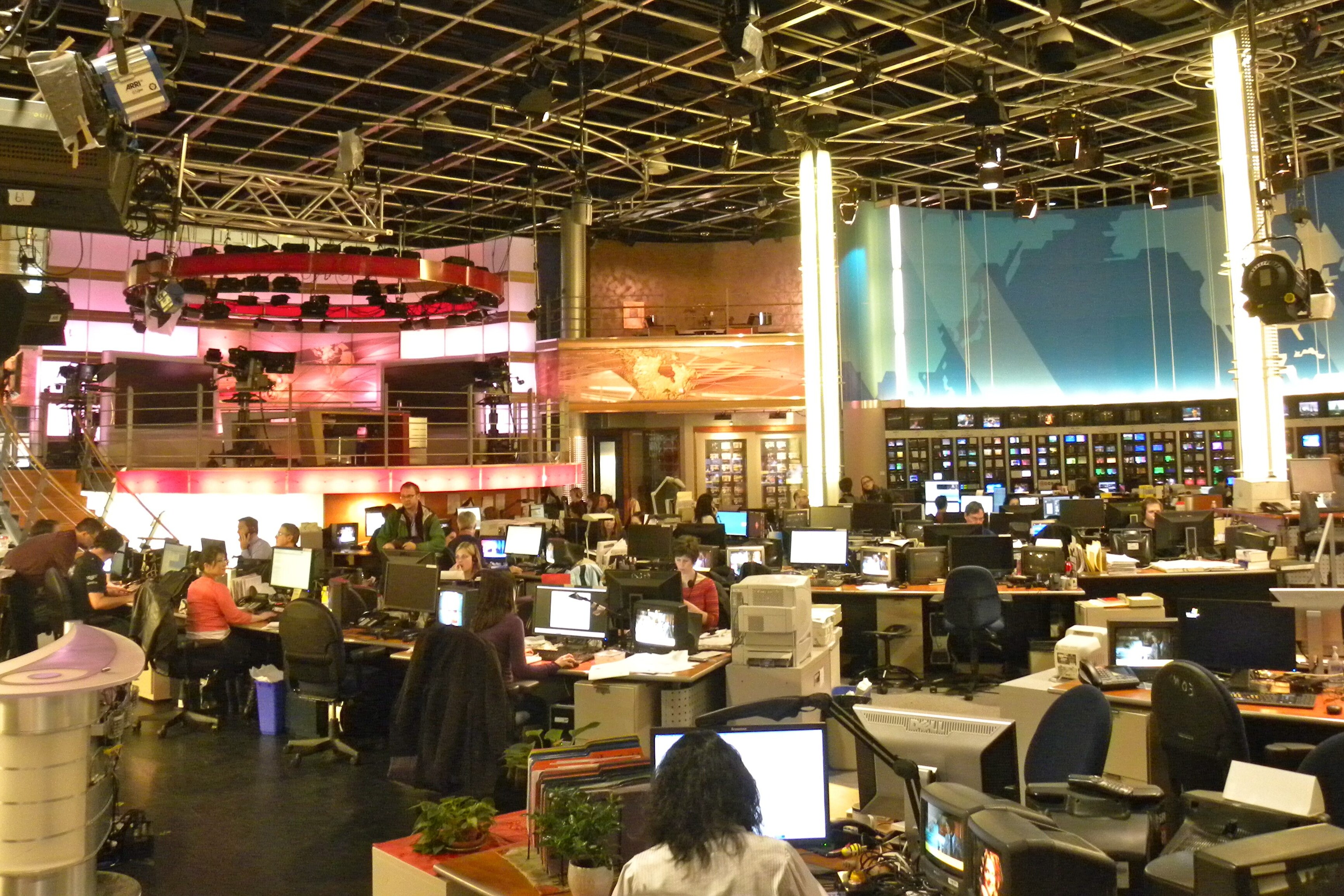Canada’s public broadcaster asks government for CAD$400million funding increase to draw similarities with the BBC’s funding model.
One of the core ideals of public service media (PSM) is that it is funded by those it is most accountable to: the public. This should, theoretically, help to ensure that a PSM is representative of its diverse audience and less beholden to market or state interests.
This is, of course, highly idealistic as it depends – among other things – on the will of the public and those in government who tend to set the level of funding. Yet despite these challenges, CBC/Radio Canada are making a case for a substantial increase in government funding to allow the organisation to move to an ad-free funding model and ultimately, ensure its survival.
The proposal
In a position document released on the 28 Nov, the CBC claimed that an increase of $318million would amount to an extra $12 per capita, equalling an investment of $46 per Canadian every year – far below the $114 received by the BBC.
This extra funding would allow the broadcaster to move away from its reliance on advertising revenue, with an extra $105million to source and produce Canadian content and an extra $100 to ensure it is able to adapt to “consumer and technology disruption”.
CBC’s President, Hubert Lacroix, said that a change on this scale would transform the organisation and remove the “commercial lens” that influences current decision making. It would, according to Lacroix, allow the CBC to focus on creating more investigative and news programming for primetime slots, allow home-grown films to be scheduled at a more accessible time with more viewers and fund the production of content that can fill the airtime left open by the removal of advertisements.
The proposal also suggests tying the organisation’s funding to a five-year licence cycle in an attempt to depoliticise it from the election and “annual government budget cycles”. According to the report “Indexation is critical – without it, inflation of just 1.5% per year would erode the new government funding of $150 million to zero in just six years.”
Criticism
Yet the call comes at a time when opposition politicians are pressuring the Canadian government to slash CBC’s funding and end its advertising revenue, arguing that it unfairly competes with commercial broadcasters while providing content that “any private broadcaster can do”.
Critics have particularly focussed on CBC’s growing digital presence which has taken away potential online ad-revenue from “struggling private competitors”, despite this contributing to only 10% of CBC’s total ad-sales. One suggestion from Conservative leadership candidate, Maxime Bernier, was for the CBC to scale back its service and adopt a fundraising model like PBS or NPR in the United States.
The prospect of such a large increase in annual funding led to a series of clashes in Canada’s parliament last week, where Interim Tory Leader Rona Ambrose told the House that Canadian’s could not afford the extra spending, especially considering Canada’s $30billion deficit.
Prime Minister Justin Trudeau defended the cultural importance of CBC, according to Huffington Post, saying: “Investing in the stories that bind us together as a nation, in both official languages, ensuring that Canadians understand each other’s lives and experiences is at the heart of the mandate of the CBC”.
The cultural value of a well-funded public broadcaster was further enforced by Heather Conway, CBC’s Executive Vice President of English Services. In an interview with the Financial Post last week, Conway said: “It doesn’t go without notice that our private sector competitors run American content 95 per cent of the time,” adding: “I have every opportunity to be reminded of American culture, I don’t have every opportunity to be reminded of Canadian culture.”
The debate surrounding the proposed fund is ongoing although the public consultation as to the future of Canadian content in a digital world, which saw the November addition of CBC’s funding proposal, has now closed.
Header image: CBC Radio-Canada Broadcast Centre, Vancouver. Credits: Glotman Simpson/Creative Commons
Related Posts
24th November 2016
Call to slash CBC/Radio Canada’s funding & end advertising
Conservative leadership candidate,…
